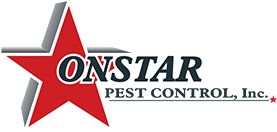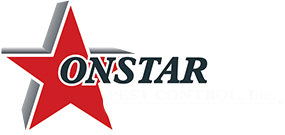Proper waste management is crucial in preventing pest infestations. In this blog post, we will explore the role of waste management in pest prevention and provide practical tips to help you address common issues. By implementing these strategies, you can safeguard your home or business from unwanted pests.
Why Waste Management Matters in Pest Prevention
Effective waste management is the foundation of a pest-free environment. Pests are attracted to food sources, and improper waste disposal provides an abundant supply. By understanding waste's role in pest infestations, you can take proactive measures to keep pests at bay.
Identifying Common Waste-Related Pest Problems
Certain pests are particularly drawn to specific types of waste. By identifying these common waste-related pest problems, you can tailor your waste management practices accordingly. Let's explore a few examples:
Rodents and Food Waste
- Rodents are notorious for scavenging through garbage in search of food.
- Ensure all food waste is securely sealed in trash bags and stored in rodent-proof containers.
- Regularly clean outdoor trash cans and dispose of any spilled food waste promptly.
Flies and Organic Waste
- Flies are attracted to organic waste, such as fruit and vegetable scraps.
- Compost organic waste in a designated bin away from your home or business.
- Keep compost bins covered and regularly turn the compost to discourage fly breeding.
Cockroaches and Clutter
- Cockroaches thrive in cluttered environments, making waste accumulation a prime breeding ground.
- Keep indoor and outdoor areas clutter-free to eliminate hiding spots for cockroaches.
- Regularly remove any debris or unnecessary items from your property.
Implementing Effective Waste Management Practices
Now that you understand the importance of waste management in pest prevention let's delve into practical tips for implementing effective waste management practices:
Segregate Waste:
- Separate your waste into categories: recyclables, organic waste, and non-recyclables.
- Use designated bins or bags for each waste category to facilitate proper disposal.
Secure Trash Containers:
- Invest in sturdy, lidded trash containers to prevent pests from accessing the waste inside.
- Regularly clean and disinfect trash cans to eliminate odors that attract pests.
Schedule Regular Waste Collection:
- Ensure your waste is collected regularly to avoid accumulation and potential pest problems.
- Familiarize yourself with the waste collection schedule in your area and adhere to it diligently.
Properly prioritizing waste management can significantly reduce the risk of pest infestations. Implementing the strategies outlined in this blog post will help create an unattractive environment for pests. Remember, prevention is always better than dealing with a full-blown infestation.
If you require professional pest prevention and control assistance, Onstar Pest Control is here to help. Our experienced team specializes in comprehensive pest management services, including waste management solutions.
Contact Onstar Pest Control today to learn more about how we can safeguard your property from pests!

